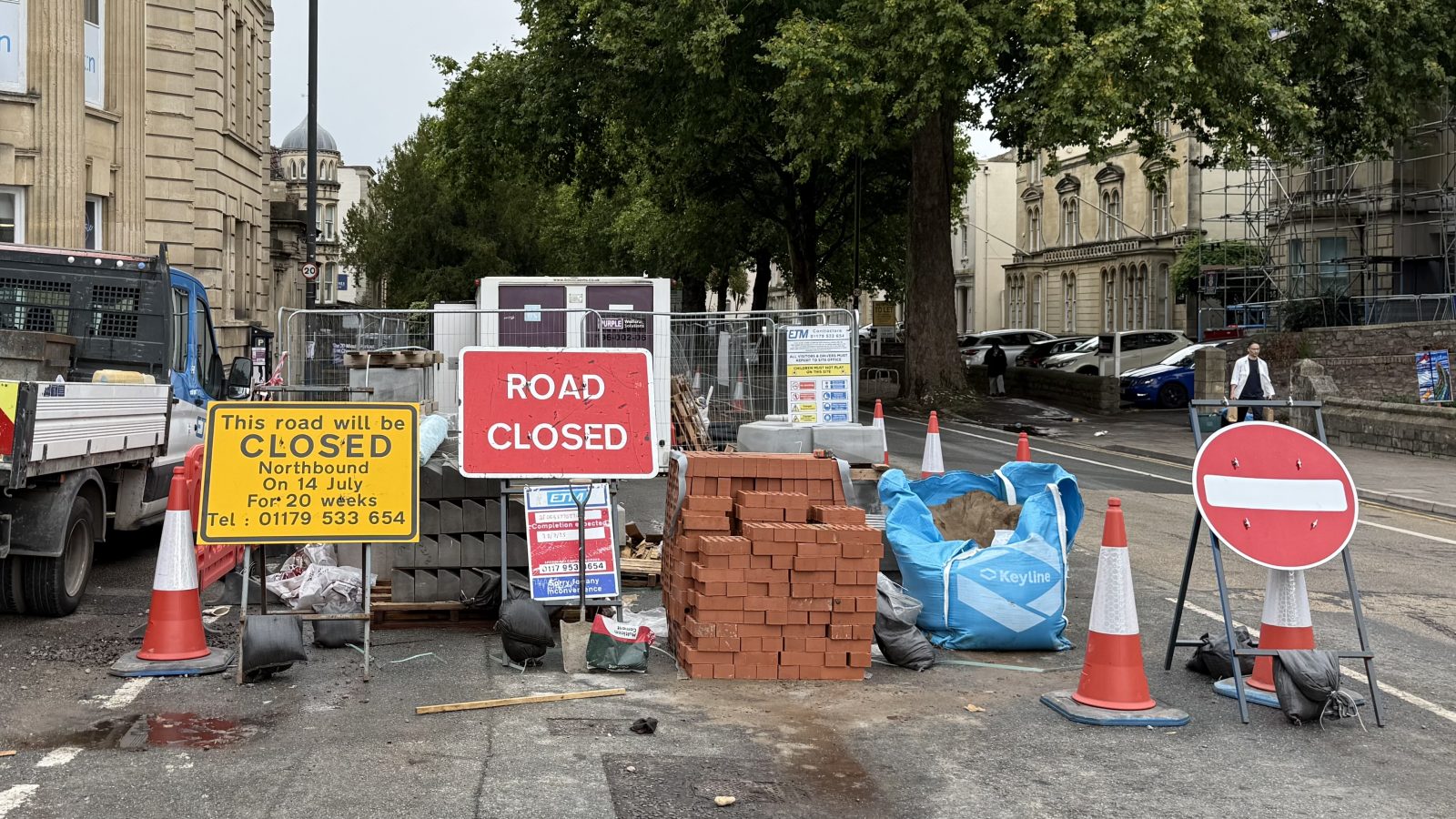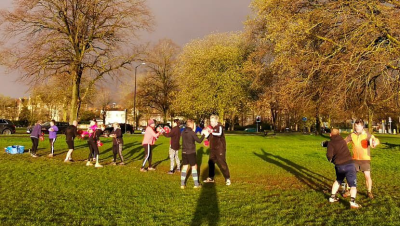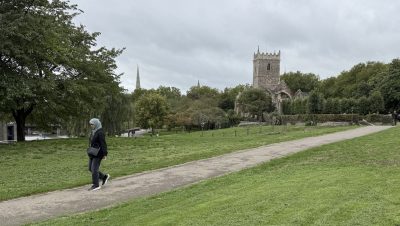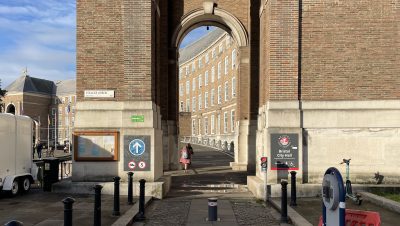News / roadworks
Council ‘should do roadworks in-house’
Bristol City Council should do some roadworks in-house according to councillors after waiting five months for white lines to be repainted.
A major road running through the north of the city was left without a centre line for almost half a year due to delays getting a contractor.
Many parts of Bristol are covered in roadworks at the moment, with the amount expected to increase over the next couple of years.
is needed now More than ever
Some works take a very long time, such as on Hengrove Way and Airport Road, which are taking more than two years to complete.
Across the country, lots of councils often hire companies to carry out tasks like maintaining the roads.
In theory, private companies “drive innovation” and work more efficiently and cheaply than councils could directly. In reality, locals often complain of seeing few people working.
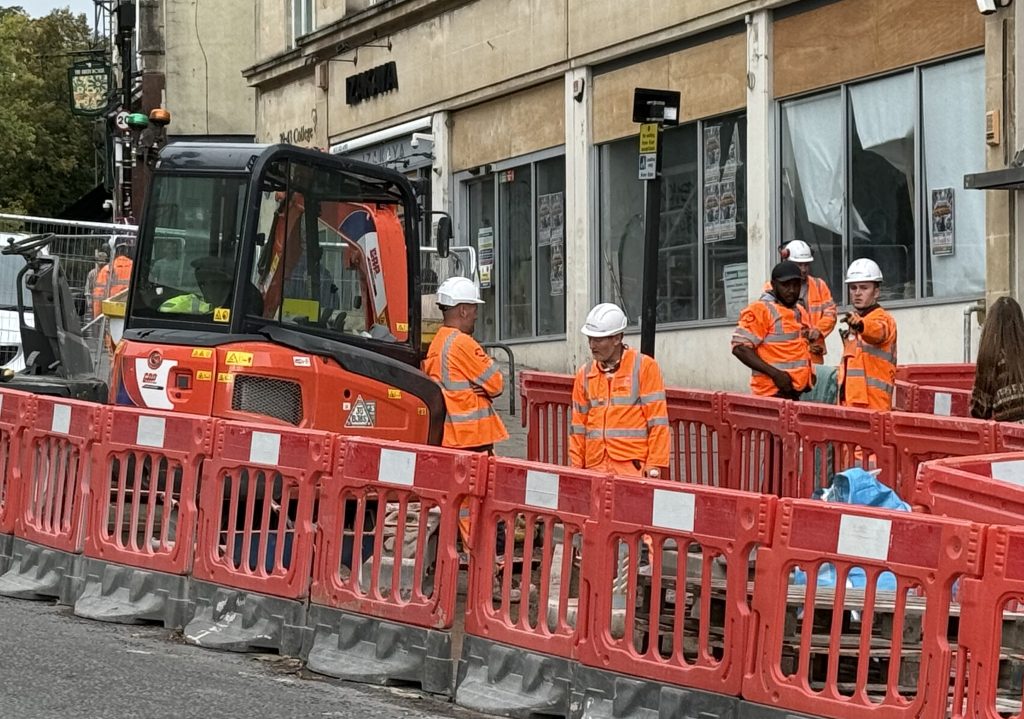
A bus lane at the College Green and Canons Road junction is part of plans to close Park Street to through-traffic – photo: Martin Booth
In recent years, there has been a wider shift away from outsourcing and back towards councils doing jobs themselves.
Councillors on the transport policy committee said Bristol should consider doing the same with some basic roadworks.
Lib Dem councillor Nicholas Coombes said: “The Labour cabinet decided to outsource all of our highways work and our Green chair is endorsing that.
“We could do a lot of this stuff in-house, especially white lining. Recently I was waiting five months for a patch of white lines to be repainted on the A4108.
“An A road going into our city didn’t have a centre line for nearly half of the year, because we couldn’t find anyone who was willing to patch up the work following resurfacing.
“White lining seems like the least complex of infrastructure jobs.
“We could easily employ someone and a bit of equipment to do this in-house, to keep going around and painting white lines and yellow lines, every day of the week, catching up on the massive backlog that we have.”
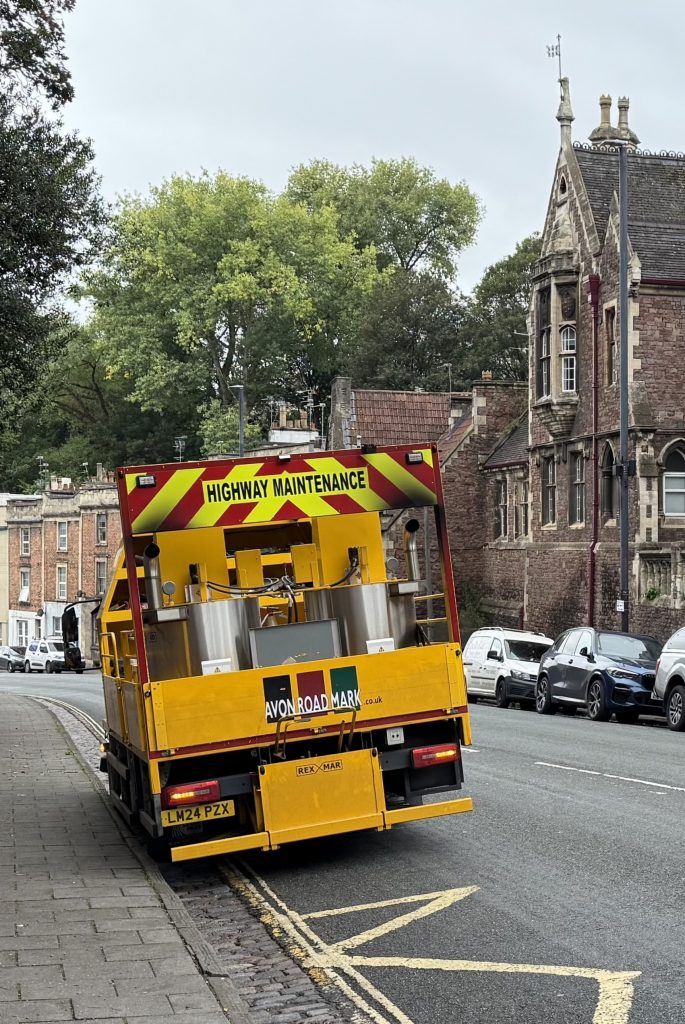
Avon Road Mark are one of the companies who paint road markings in Bristol – photo: Martin Booth
When the Greens took control of the council in May 2024, the contract for painting white lines was already being drawn up.
If the council had pulled out of that, there would have been a risk of paying costs to companies bidding for the contract.
Since then, the number of crews painting white lines has increased from one to three, although they still only focus on one area at a time.
Green councillor Ed Plowden, chair of the transport committee told Coombes that “it’s something that I share your concerns around”.
Plowden said: “I’m trying to improve the way it gets done but who undertakes that is something that was under way already when we started.
“In some ways it doesn’t matter who is providing the job, as long as we’re satisfied with the quality of the work that’s been done.”
In June, councillors took part in a workshop to consider what the council should focus on for the rest of the year with one idea suggested being the potential for “insourcing” highways maintenance which could save money and “provide a more reliable service” according to a council report.
This could include painting white lines on roads, cleaning street signs and drains, small roadworks and installing bus shelters; with one benefit being that roadworks are carried out more quickly.
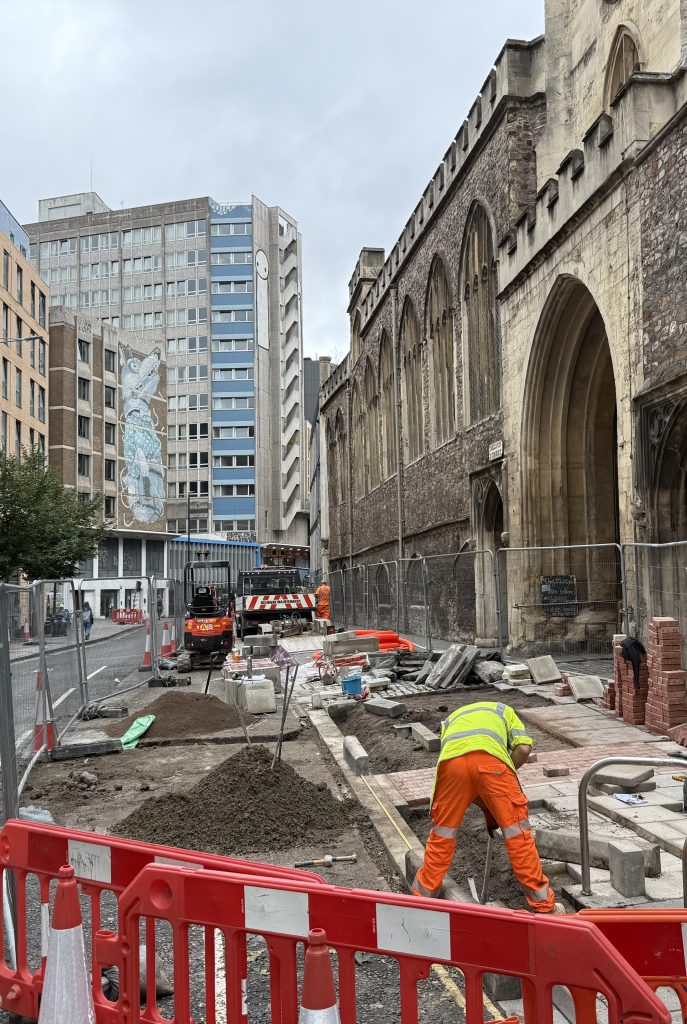
The segregated cycle lane on Nelson Street is once again being dug up – photo: Martin Booth
Labour’s Don Alexander, former cabinet member for transport, said: “We get those frustrations where a kerb stone has fallen out of the pavement and nobody can do it for six months because they’re not in the area.
“There are loads of little jobs like that. I could almost do some of them myself!”
Labour councillor Tim Rippington added: “Not all outsourcing has been successful in this country over the last 20 years.
“We’ve seen costs spiral in a lot of ways. Some of that is probably due to the fact that these companies have a bit of a monopoly on doing some of the work.”
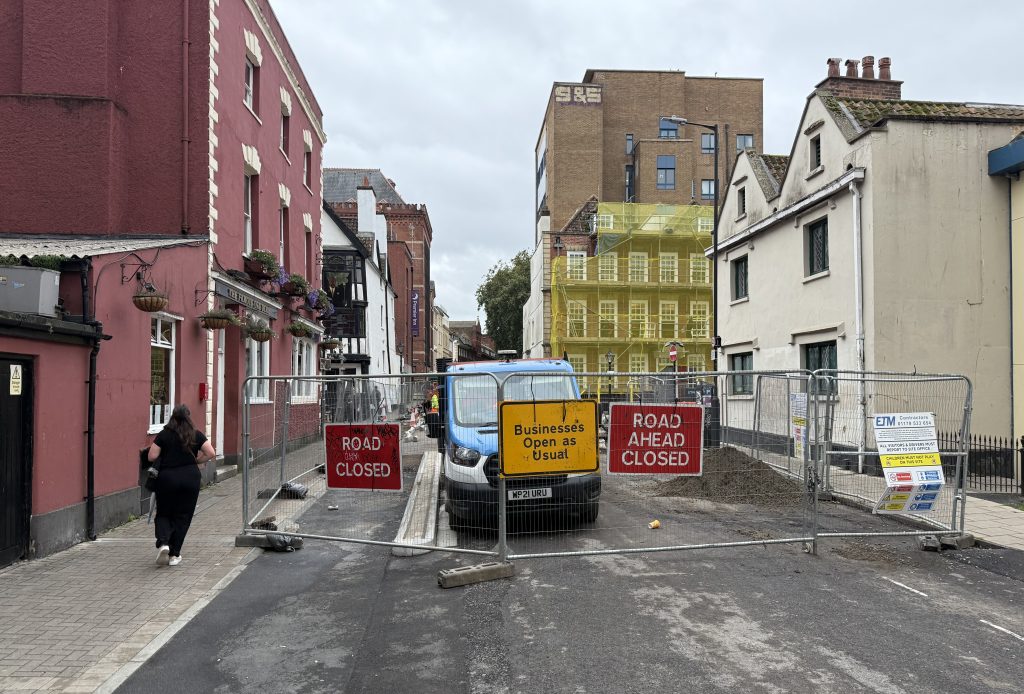
Work on Queen Charlotte Street started in October 2024 as part of a wider project to pedestrianise King Street – photo: Martin Booth
Main photo: Martin Booth
Read next:
 Our newsletters emailed directly to you
Our newsletters emailed directly to you